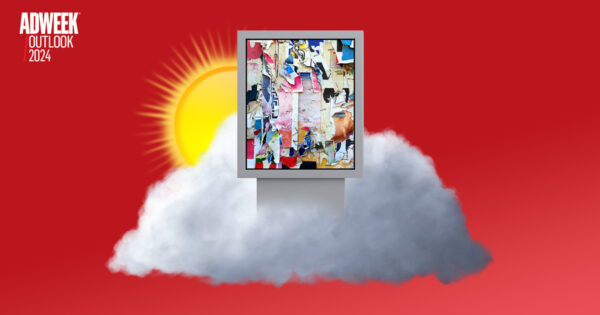
According to data from analytics firm WARC, ad budgets should increase by 7.6% in 2024, reaching a cumulative $326.7 billion. (The U.K. will see a bump of 3.9%, totaling £37.5 million.)
Meanwhile, on the technology front, it’s a no-brainer that AI’s influence will expand over the next 12 months. And then there is the long-running saga on what will happen with the post-third party cookie phase-out, which Google has now begun to implement.
“The advent of generative AI technologies like ChatGPT is revolutionizing how we conceive, create and deliver content,” noted Alex Feiglstorfer, co-founder of content management system Storyblok. But even as AI makes some marketing tasks easier, it carries risks on the back end.
“My fears with AI [include] the speed of disinformation and the fact that [consumers] are not going to be able to verify what’s real and not real,” Kocek said.
“There’s going to be more and more misinformation, and that’s going to create a further erosion of trust. How are brands going to really build trust?”
What worries me is this election year—[it’ll be] even more chaotic, more divisive and noisier than anything we’ve ever seen.
Stephanie McCarty, CMO, Taylor Morrison
Looking at the year ahead, that question is top of mind for John Ludeke, senior director of marketing for personal-care brand Dr. Squatch. As AI leaves consumers doubting the veracity of what they see online, Ludeke believes that his company’s cause-oriented marketing—supporting programs that cater to wounded veterans, marginalized youths and the homeless—will help consumers realize that his brand is for real, and about more than selling soap.
“There’s a huge difference between being a brand that people transact with and being a brand that becomes an icon,” Ludeke said. “The way to do that is by deeply understanding your audience, finding out what they care about and telling stories that they really value.”
The ongoing culture wars
Now for the catch. With both America and much of Europe riven in the culture wars, even anodyne marketing messages can generate backlash.
Just ask Stephanie McCarty. Last year, the CMO of homebuilding giant Taylor Morrison launched a brand partnership with The Home Edit. In a mass email, McCarty used a rainbow emoji—which some consumers interpreted as a pro-LGBTQ+ message and responded with hate mail.





